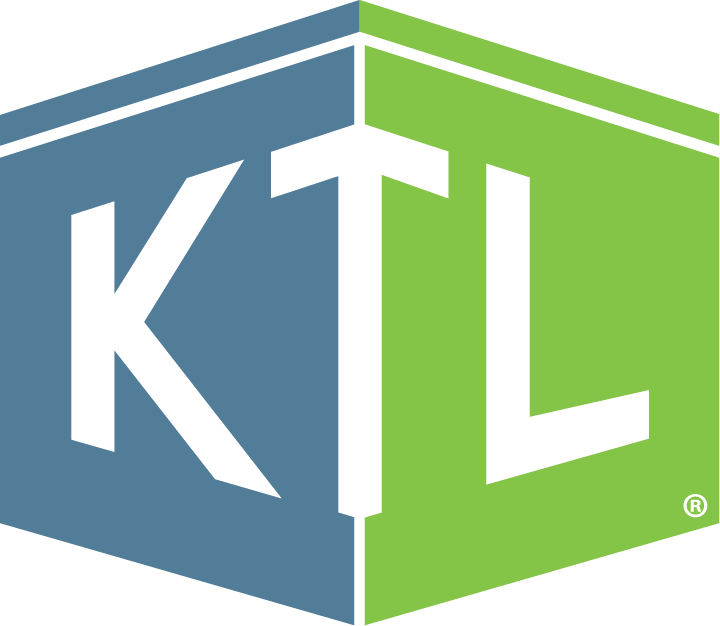
Safety
Comments: No Comments
Safety Focus
Every worker in the U.S. has the fundamental right to safe and healthful working conditions. The Occupational Safety and Health Administration (OSHA) created the Occupational Safety and Health (OSH) Act for this specific purpose—to establish and enforce workplace health and safety standards that ensure workplace safety and health protection. Correspondingly, it is employers’ responsibility to provide a safe and healthful workplace that is free from serious recognized hazards, per the General Duty Clause of the OSH Act.
It is important for employees to know their rights and understand what to do if a working condition is unsafe or unhealthy. The following common workplace safety concerns address these rights:
- My workplace is unsafe. If you believe you are working in unsafe conditions (e.g., unsafe machinery, exposure to harmful chemicals, poor air quality, etc.), the first step is to bring those conditions to your employer’s attention. Workers may file a formal complaint with OSHA to request an inspection. Each complaint is evaluated by OSHA to determine whether it should be handled as an offsite investigation or an onsite inspection. Employees have the right for their identities to be kept confidential from employers when filing a complaint. If the environment presents risks of serious harm or death, you have the legal right to refuse to work.
- I don’t have the personal protective equipment (PPE) I need to do my job safely. With few exceptions, OSHA requires employers to provide and pay for PPE when it is necessary to protect employees from job-related injuries, illnesses, and fatalities. This may include hard hats, gloves, goggles, safety glasses, welding helmets and goggles, face shields, chemical protective equipment, and fall protection equipment.
- I don’t know what to do if I get injured at work. You have the right (and obligation) to report any work-related injury or illness. If you are injured, call a supervisor for help. If the supervisor is not available, get medical assistance or call 911. Many companies have procedures for injury response. All employers must notify OSHA within 8 hours of a workplace fatality or within 24 hours of any work-related inpatient hospitalization, amputation, or loss of an eye.
- I don’t know what the hazards are at my workplace. OSHA’s Hazard Communication Standard requires employers to inform and train workers about hazardous chemicals and substances in the workplace. This can be done through warning signs, color-coding, signals, Safety Data Sheets (SDS), and training. It is your right to have this information and to receive relevant training in your native language.
- I want to know my employer’s safety record. Current and former employees have the right to get copies of your medical records, see copies of the workplace injury and illness log, and review records of work-related injuries and illnesses. Employers must give the requester a copy of the relevant record(s) by the end of the next business day. In addition, employers must post a summary of the OSHA Form 300 injury and illness log for the previous year where workers can see it.
- I’m afraid to request a safety inspection or speak with a safety inspector. You have the right to request an OSHA inspection and to talk privately with the OSHA inspector before and after the inspection. A worker representative may also go along on the inspection.
- I was fired or threatened for reporting a safety issue. The OSH Act prohibits employers from retaliating against employees for exercising their rights to file a complaint with OSHA. This is known as whistleblower projection. These rights also cover seeking access to employee exposure and injury records, reporting a work-related injury, requesting an OSHA inspection, speaking to the inspector, and alerting your employer of a safety or health complaint. Whistleblower protection prohibits an employer from taking adverse actions against workers for exercising these rights. A whistleblower complaint must be filed with OSHA within 30 calendar days from when the retaliatory decision was made and communicated to the worker.
- Someone is employing children in an unsafe workplace. Federal child labor law generally prohibits employment of minors in nonagricultural occupations under the age of 14, restricts the hours and types of work that minors can perform under 16, and prohibits the employment of minors under the age of 18 in any hazardous occupation (including the use of unsafe machinery). Different child labor law standards apply to agricultural employment.
OSHA is committed to ensuring safe and healthful working conditions for workers by setting and enforcing standards and by providing training, outreach, education, and assistance. More information can be found on workers’ rights at the following websites:
